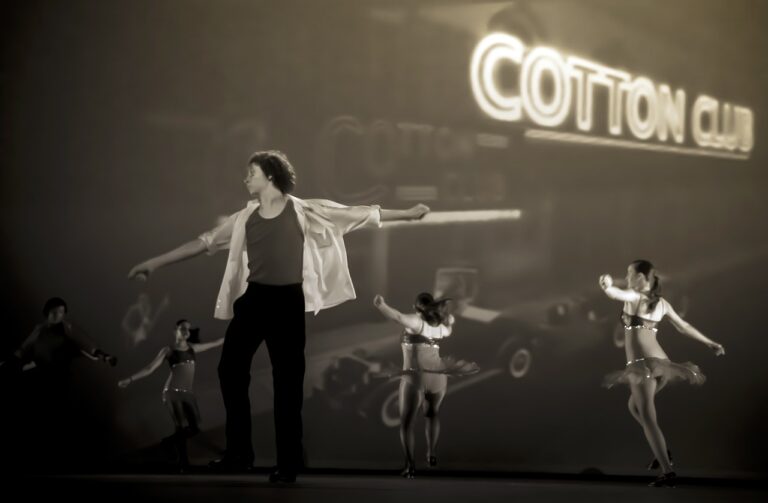The Influence of Cultural Appropriation in Entertainment: Balancing Creativity and Sensitivity
Cultural appropriation in entertainment refers to the act of adopting elements of a culture that is not one’s own without proper understanding, respect, or permission. This can often lead to the commodification of cultural traditions, symbols, attire, and practices for personal gain or entertainment purposes while disregarding the deeper significance and historical context behind them. It involves a power dynamic where the dominant group borrows or steals from marginalized communities, often reinforcing stereotypes and perpetuating inequalities.
Examples of Cultural Appropriation in Music
In the realm of music, cultural appropriation has been a contentious issue. One prevalent example that sparked debate is when non-Black artists appropriate hip-hop culture. This trend involves non-Black artists adopting elements of hip-hop music and style without acknowledging or respecting the origins of the genre, often leading to the erasure of Black artists’ contributions.
Another instance of cultural appropriation in music is seen when traditional cultural elements are cherry-picked and commodified for profit. This occurs when mainstream artists incorporate sacred symbols, attire, or music styles from indigenous cultures into their performances or music videos without understanding or honoring the significance behind these cultural elements. In doing so, these artists exploit the cultural heritage of marginalized communities for commercial gain, perpetuating harmful stereotypes and undermining the authenticity of the original cultural practices.
The Impact of Cultural Appropriation on Minority Representation
Cultural appropriation in entertainment has been a topic of debate with significant implications for minority representation. When artists from dominant cultures adopt elements from marginalized communities without proper understanding or respect, it can reinforce harmful stereotypes and exoticize minority cultures for commercial gain. This can lead to the erasure of authentic voices and stories from those communities, perpetuating a cycle of underrepresentation and misrepresentation in the media.
Furthermore, the prevalence of cultural appropriation in music industry has a direct impact on the visibility and opportunities available to minority artists. When mainstream artists borrow elements from marginalized cultures without acknowledging their origins or giving credit, it not only diminishes the work of artists from those communities but also restricts the space for authentic representation. This can result in limited access to platforms, resources, and recognition for minority musicians, hindering their ability to thrive in an industry already dominated by those with privilege and power.
What is cultural appropriation?
Cultural appropriation is the act of taking elements or practices from a culture that is not your own, often without permission or respect for its significance.
How does cultural appropriation manifest in the entertainment industry?
Cultural appropriation in the entertainment industry can occur through the use of cultural symbols, themes, or practices without proper credit or understanding of their origins.
Can you provide examples of cultural appropriation in music?
Examples of cultural appropriation in music include artists using traditional cultural attire or musical styles without belonging to that culture, or profiting off of cultural elements without giving back to the community.
What is the impact of cultural appropriation on minority representation?
Cultural appropriation can harm minority representation by perpetuating stereotypes, diminishing the value of authentic cultural expressions, and contributing to the marginalization of minority groups in the entertainment industry.







